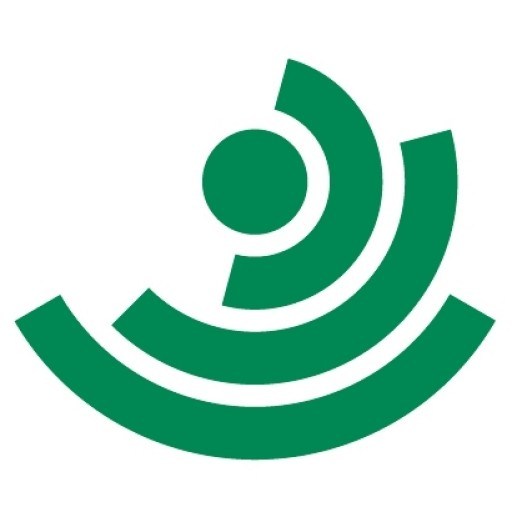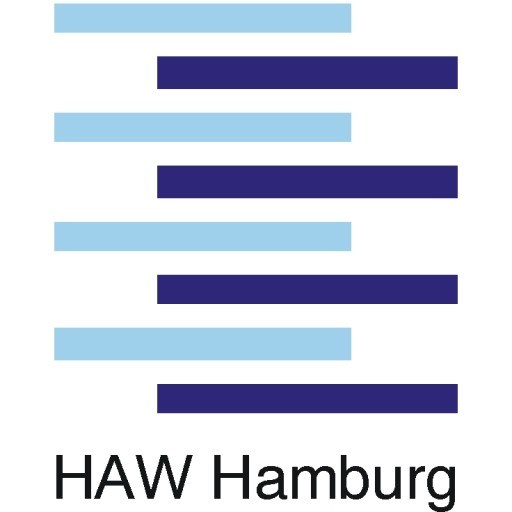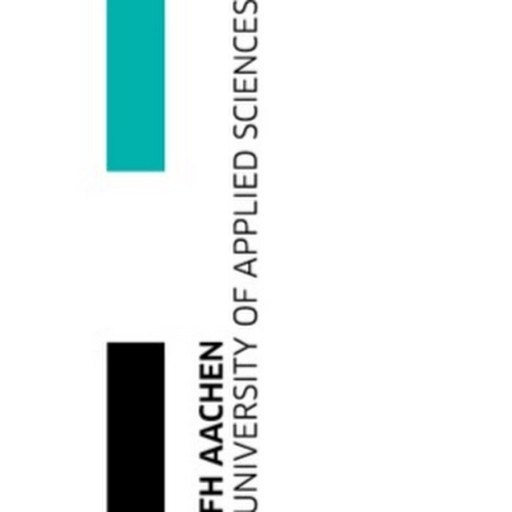Photos of university / #hs.furtwangen
The Bachelor's Degree in Biomedical Engineering at Furtwangen University offers students a comprehensive education in the interdisciplinary field that combines principles of engineering, biology, and medicine to develop innovative healthcare solutions. This program is designed to equip students with both theoretical knowledge and practical skills necessary for designing, analyzing, and improving medical devices, diagnostic equipment, and healthcare systems. Throughout the course of study, students gain a solid foundation in engineering disciplines such as electronics, signal processing, and computer science, alongside specialized coursework in biomechanics, medical instrumentation, and biomaterials. The curriculum emphasizes hands-on learning through laboratory projects, internships, and collaboration with medical institutions, enabling students to apply their knowledge to real-world challenges in the healthcare industry.
Furtwangen University's Biomedical Engineering programme aims to prepare graduates for diverse careers in medical device development, clinical engineering, and biomedical research. The program fosters innovative thinking and problem-solving skills, encouraging students to contribute to advancements that improve patient care and quality of life. Students also have opportunities to engage in research projects and work closely with faculty members who are experts in various biomedical fields. The program's interdisciplinary approach and practical orientation ensure that graduates are well-equipped to meet the evolving demands of the healthcare technology sector.
The degree is structured to provide a blend of classroom instruction, practical training, and industry exposure, helping students develop both technical expertise and soft skills such as teamwork, communication, and project management. Graduates of the Biomedical Engineering program will be prepared to pursue advanced studies or directly enter the workforce in roles such as biomedical engineer, medical device developer, clinical technologist, or research scientist. Furtwangen University’s strong ties with healthcare industry partners and hospitals further enhance the students’ opportunities for internships and collaborative projects, ensuring they gain valuable insights and experience relevant to their future careers. This program is ideal for motivated individuals passionate about applying engineering principles to improve healthcare systems and contribute to innovative medical solutions.
Educational organisation
Class sizes are 20 to 30 students, ensuring close interaction between lecturer and student. Contact time (i.e. teaching time) will be approx. 20 hours per week. Students should expect to spend at least a further 20 hours per week on studying, project work and individual preparation. Most class learning will be via interactive dialogue based on reading and preparation.The lectures are organised according to the international ECTS system.
The lectures in the first semester provide a basis in mathematics and methods. Students will gain experience in modelling and simulation and will learn the most common tools such as Matlab. At the same time, students' awareness of medical problems and biomedical approaches will be sharpened. The first semester includes lab courses and introductory lectures for each specialisation in order to introduce the students to the fields of biomedicine or medical engineering.
The second semester is mainly concerned with special lectures and research-related projects according to the students' fields of specialisation.
The elective subjects can be chosen to provide greater depth of knowledge according to the student's personal interests and to give them the opportunity to attend lectures in other departments and universities. The Management Skills module provides training in soft skills, an important extra which is necessary for a successful career.
The study programme ends with the realisation of a report on a comprehensive scientific project, the Master's thesis.
Study abroad unit(s)
NoneForms of assessment
Performance will be assessed on the basis of written tests as well as project work and oral exams. A written thesis on an academic/scientific topic must be completed.Course objectives
Graduates will be experts with the necessary interdisciplinary knowledge to take on current and future technological problems at the interface of medicine, patient services, and technology. A profound knowledge of analysis, modelling, simulation and computer-based problem-solving is imparted and social and management skills are emphasised.Language requirements
A certificate of English language proficiency is not required if the language of instruction and examination during the Bachelor studies was completely in English and if this is confirmed by the respective university. In all other cases we require English language certificates. Accepted are TOEFL (paper-based >520, computer-based >210, internet based >69) or IELTS (>5 points average) or English courses during the university leading to an equivalent level of B2.Additionally, basic German language skills must be certified by the Goethe Institute or a comparable institution. Minimum language skills for admission is level A1. However, we recommend starting with level A2.
Academic requirements
Above-average Bachelor's degree or equivalent in the following fields:biomedical or medical engineering, electrical engineering or biotechnology, process or mechanical engineering, informatics, pharmacy, chemistry, medicine, or related fields
Enrolment fees
Enrolment fees are 120 EUR per semester. This includes fees for the student union and for the social and administration offices. This fee will be charged every semester.Costs of living
A minimum of 650 EUR per month. If you are not a citizen of an EU country, this is the sum you must have at your disposal in order to obtain a student visa.Living costs include accommodation (200 to 280 EUR per month) and food, clothing, etc. (at least 350 EUR per month).
Job opportunities
Students with a student job at the university can earn up to 450 EUR per month. With good German language skills, it is also possible to find a job outside the university.Arrival support
If necessary, students can be supported in finding their way to the university or their accommodation.Services and support for international students
For international students, the International Office arranges a two-week orientation programme with an intensive German language course. Organisational issues are handled by the course coordinator.Accommodation
Apartments or shared flats close to the campus cost 200 to 280 EUR per month.The university provides help in finding a room for admitted applicants.










